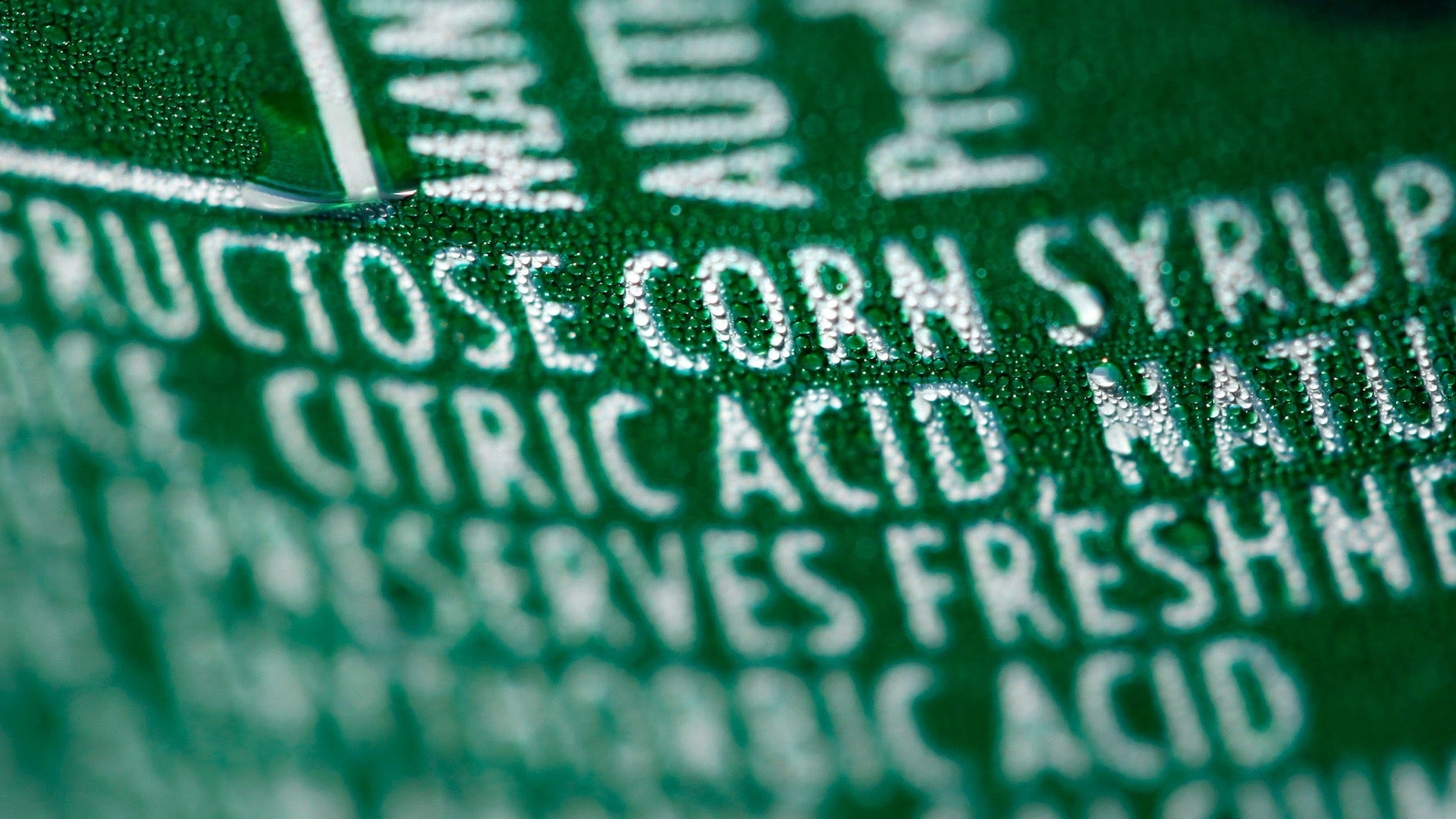There’s a showdown in court this week between Big Corn and Big Sugar
A federal jury trial begins in Los Angeles today to settle a multi-year, multibillion-dollar battle between two giants with outsize influence in the American diet—Big Corn and Big Sugar.


A federal jury trial begins in Los Angeles today to settle a multi-year, multibillion-dollar battle between two giants with outsize influence in the American diet—Big Corn and Big Sugar.
At the heart of the case is a question entangling marketers, lawyers, farmers, and nutritionists: Does high-fructose corn syrup get to call itself sugar?
The legal beef stems from efforts by the Corn Refiners Association to counteract the perception that high-fructose corn syrup—an inexpensive sweetener derived from corn starch—is nutritionally inferior to plain sugar.
You may remember the ads. In one, a dad confidently explains, while walking with a girl in a cornfield, that “sugar is sugar.”
In another, two moms passive-aggressively square off over party punch.
Corn growers and processors also petitioned the US Food and Drug Administration to change high-fructose corn syrup’s name to “corn sugar.” (They lost, in 2012.)
In response to the ad campaign, the Western Sugar Cooperative hit back with a false-advertising lawsuit demanding up to $2 billion in damages.
The Corn Refiners Association and corn producers Archer Daniels Midland Co. and Cargill Inc. countersued, alleging that the sugar industry was behind a smear campaign against their product.
Documents disclosed thus far show intense (and often ugly) behind-the-scenes maneuvering on both sides to shape public opinion.
So are the sweeteners different? High-fructose corn syrup has a higher ratio of fructose to glucose than sugar does. The Mayo Clinic says there is “insufficient evidence” to support critics’ claims that the body processes high-fructose corn syrup any differently than sugar.
Obesity and diabetes have in fact risen as high-fructose corn syrup has become more prevalent in the US diet. But the sweetener’s rise in popularity coincides with a spike in sugar consumption in general. And on this point, doctors and nutritionists agree: Too much sugar in any form is bad for you, and many of us eat way too much of it.